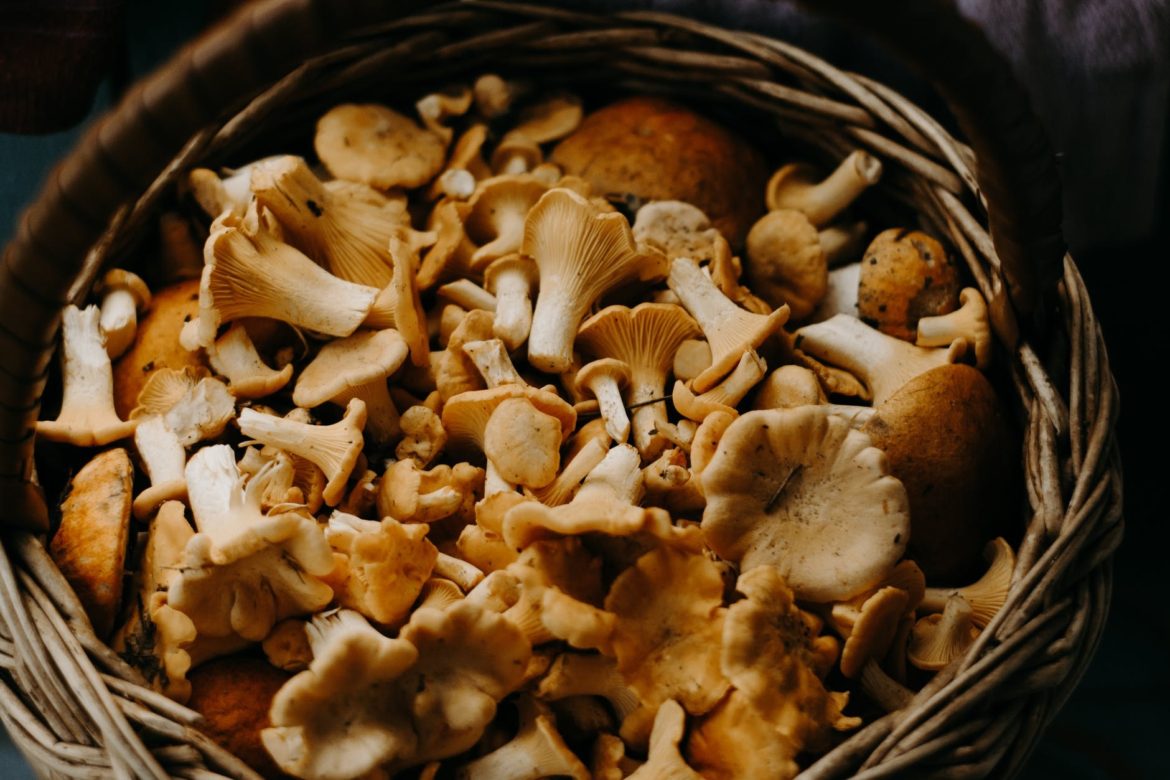A new study in the Journal of Affective Disorders found that those who ate mushrooms frequently were much less likely to show symptoms of depression than those who didn’t eat mushrooms, at all.
And it’s not just because the mushroom-aficionados had a healthier lifestyle. Researchers control for those types of things.
So the question is why?
According to the study’s lead researcher, mushrooms are high in the amino acid, ergothioneine, which you guessed it — is a powerful anti-inflammatory compound.**
The theory is that this helps reduce oxidative stress, which in turn might reduce symptoms of depression (read here for the link between oxidative stress and depression).
Writing for Eating Well, Leah Goggins notes that there are other ways mushrooms might help our mental health. They tend to be really high in potassium, which has been linked to reduced depressive symptoms.
They’re also great for your gut, and the link between gut health and mental health is well-established.
So if you can tolerate them (I can’t, unfortunately), mushrooms aren’t a bad idea.
However, as I’ve noted a million times, don’t feel bad if these dietary tweaks don’t work for you.
I’ve tried numerous diets — not for depression but for my Crohn’s disease — and they’re all anti-inflammatory, and I haven’t noticed any difference in my symptoms of depression or anxiety.
But lots of people have! And lots of people haven’t. But even if it doesn’t help your depression or anxiety, you’ll probably be healthier and that’s good.
The gold standard for treating depression and anxiety is still medicine and therapy, and Psychology Today has a great link for finding a psychiatrist or therapist based on zip code.
**The Journal of Nutritional Science has a fascinating article on ergothioneine, which is gaining interest among academics for its potential to “prevent or mitigate chronic diseases of aging.”
And mushrooms are “by far” the leading dietary source of ergothioneine.
[Photo: A bowl of mushrooms. Pexels]

